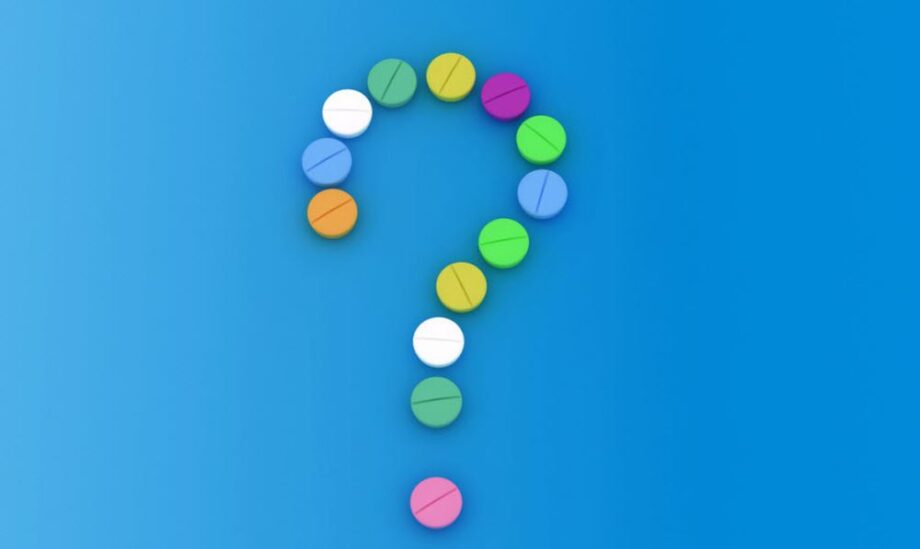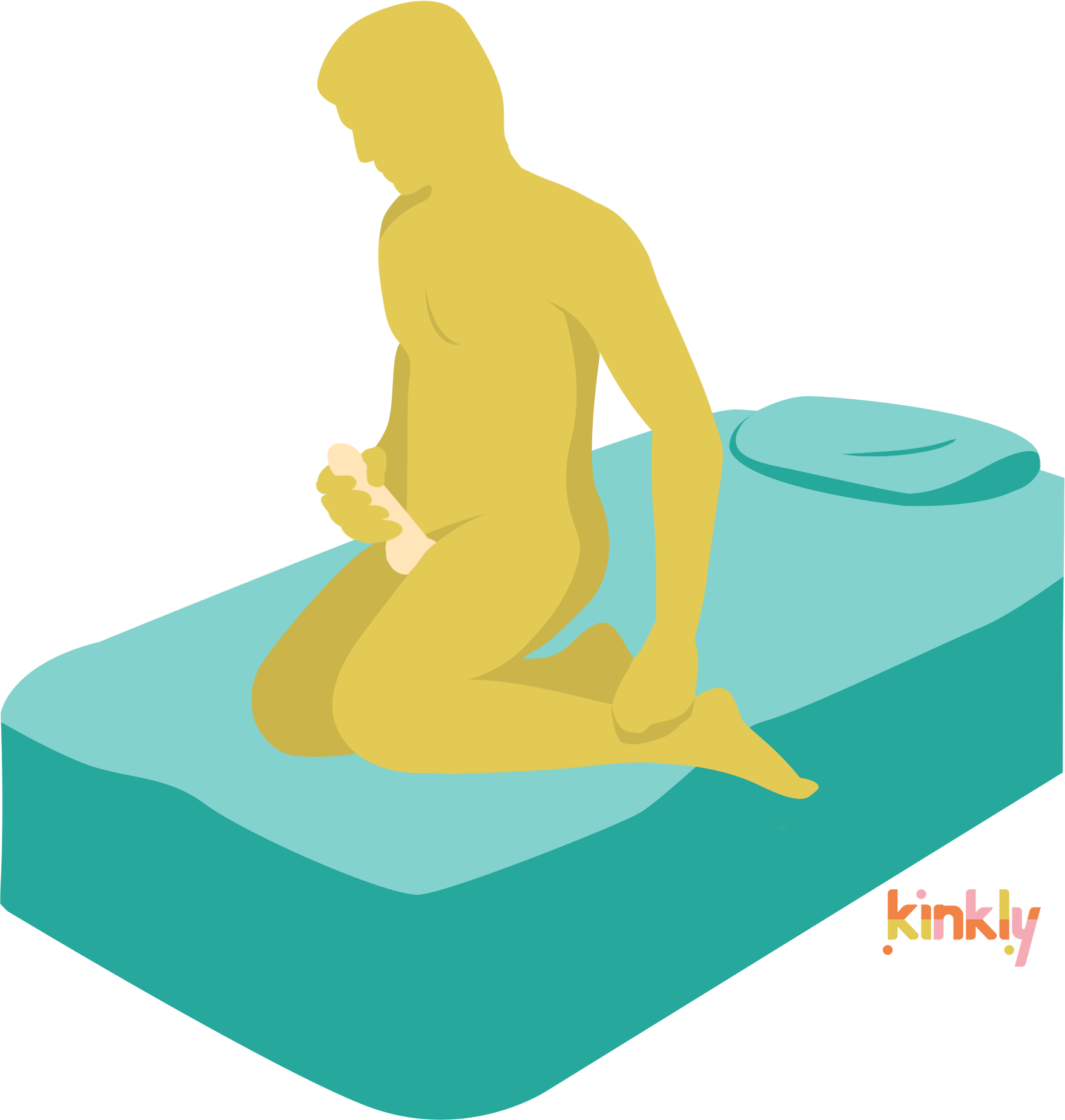It’s no secret that anti-depressants can come with sexual side effects. Between 30 and 70 percent of patients managing depression with medication report experiencing some kind of sexual problem, but the phrase "sexual side effects" can be evasive. Most medical literature uses this wording without specifically explaining what can happen to the patient’s body, and this can be frustrating for people who want to know what’s in store for them when trying out a new drug. It can also be confusing for people who may not recognize that the experience they are having is a side effect of medication.
Today we’re unraveling the mystery of sexual side effects and talking about 5 specific ways antidepressants might impact your sex life. Knowing what to look for can help you know if your antidepressants are affecting you and give you some tools to communicate with your doctor. So, let’s have a look:
Loss of Libido
The most common sexual side effect of antidepressants is loss of libido, but what does that mean exactly? Well, it can look differently for different people. For some it means wanting sex with less frequency than before. For others it can feel like you have forgotten what sex is- it may feel as if it has simply left your vocabulary. A third possibility with some drugs, is a kind of lethargy or "brain fog" that can occur and kill your impulses to do most things, including sex. (Read 5 Unexpected Ways to Boost Your Sex Drive for ways to counteract the effects of antidepressants).Orgasmic Difficulties
Antidepressants can make it difficult or impossible to achieve orgasm (this condition is called anorgasmia). What’s more, these medications can make it so that even when you do achieve climax, it doesn’t actually feel good. Yes, seriously. This is when it pays to know your own body. If you notice that what usually gets you off just isn't working, your prescription might be affecting you.Erectile Dysfunction
When taking antidepressants, some may find it difficult to get or maintain an erection. This is one of the most commonly reported sexual side effects and fortunately it is something your doctor can help with. (For more on this issue, read our Infographic, The Flaccid Truth About Erectile Dysfunction).Vaginal Dryness
Antidepressants (as well as allergy and cold medications) can lead to a reduction in a woman's natural vaginal lubrication. This can cause vaginal dryness, which in turn causes itching, burning and painful intercourse.Genital Numbness
You may notice that the kind of touch and play that used to really turn you on just doesn't do it for you anymore, or that it takes much longer for the sensations to register for you. Welcome to genital numbness, where the stimulation that usually creates pleasurable sensation doesn’t feel like much of anything at all.So, there you go folks, that’s what they mean when they say "sexual" side effects. If you experience any of these symptoms, talk to your doctor. Your sex life doesn’t have to suffer for the sake of your treatment. (Read When Sex Dries Up, How to Get Your Sexy Back for more on how to deal with libido-killers like antidepressants).



















